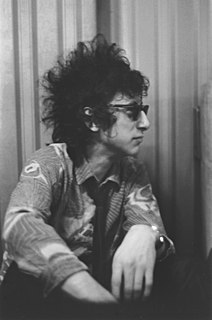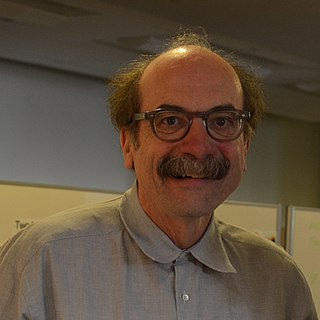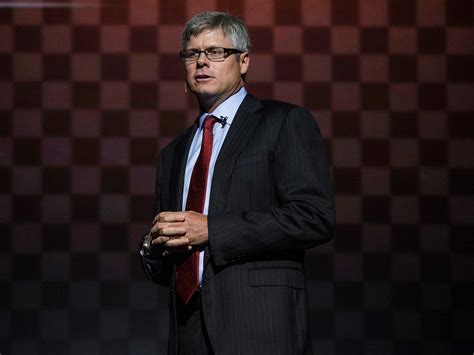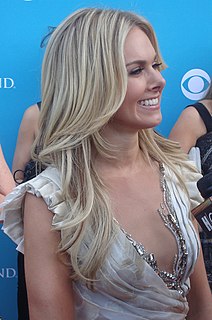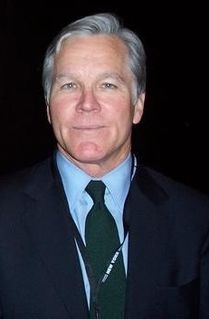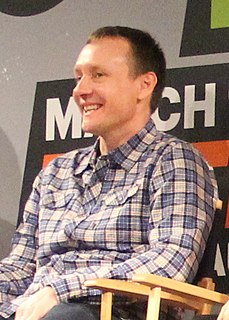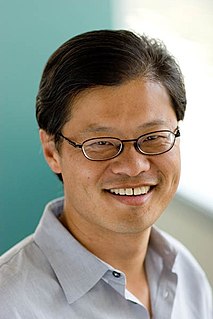A Quote by John Cooper Clarke
My dad was an electrical engineer.
Quote Topics
Related Quotes
And so when I moved to IBM, I moved because I thought I could apply technology. I didn't actually have to do my engineer - I was an electrical engineer, but I could apply it. And that was when I changed. And when I got there, though, I have to say, at the time, I really never felt there was a constraint about being a woman. I really did not.
Suppose you had a small electrical fire and... a structural engineer [looked] at your home's wiring [and] reports that the wiring is "shot" and there is a 50% chance that your house would burn down in the next few years unless you replace all the wiring. The job will cost $20,000... so you get an independent assessment. The next engineer agrees with the first warning. You can either continue to shop for additional evaluations until you find the one engineer in 1,000 that is willing to give you the answer you want, "Your family is not in danger" or you can change the wiring.
